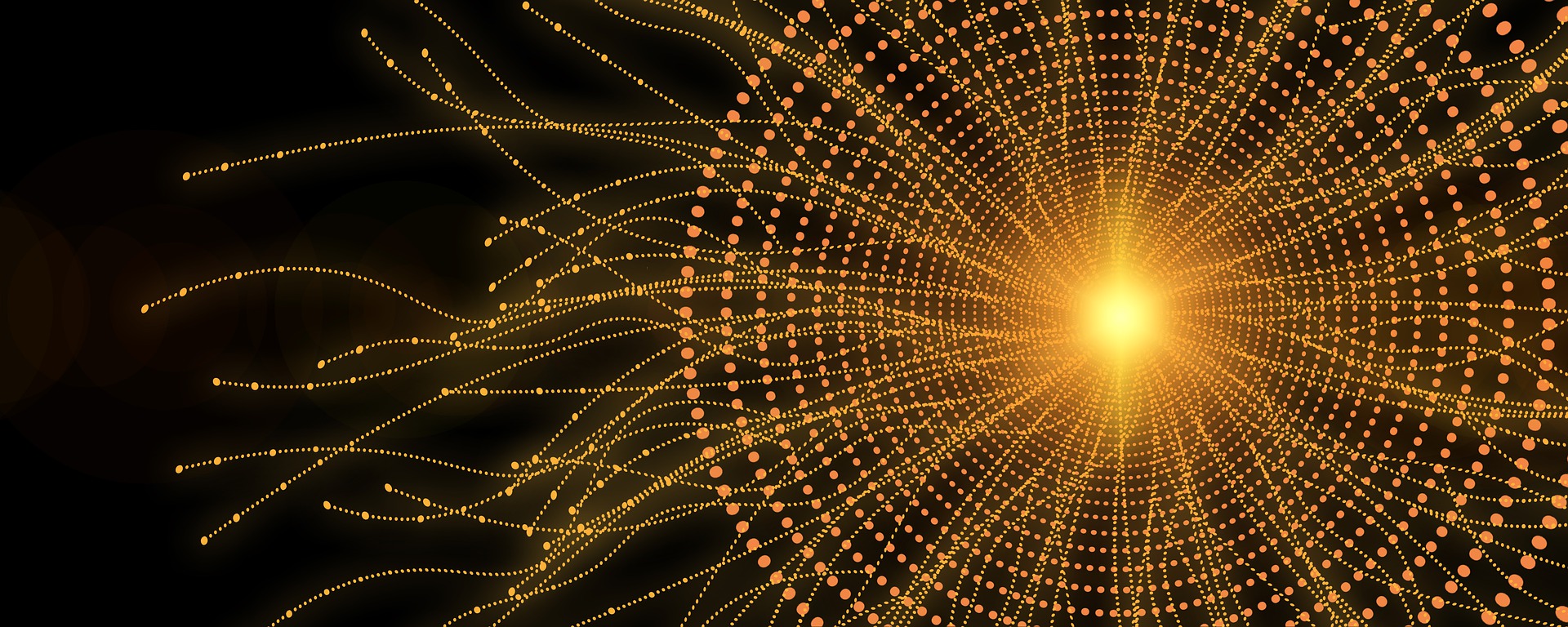On Wednesday, Liv McMahon of the BBC reported on the acquisition of a quantum computer by the British Ministry of Defense. The computer is the first of its kind to be owned by the UK government. Produced by Orca Computing, the computer will be applied to solving problems relating to national defense and security.
Although the computer doesn't yet have a specific, specialized purpose, the technology could enable the government to solve problems and make predictions in a way they couldn't with conventional computers. Let's take a look at the underlying processes in quantum technology and consider what it means.
An Intro to Quantum Computing
The term quantum computing gets its name from a branch of theoretical physics called quantum mechanics. Quantum mechanics is a very mathematically complex field of inquiry, which makes it difficult to understand if you haven't had years of specialized training. For our purposes, however, it's enough to know that quantum mechanics focuses largely on the behavior of subatomic particles, the tiniest building blocks of existence. Particles often operate on different rules than larger objects. Quantum computing tries to harness the principles of quantum mechanics for the purposes of solving computational problems, which often occur on very small scales, similar to tiny particles.
McMahon has a very good summary of what distinguishes a quantum computer from the more conventional computing technology you find on your desktop or mobile device. "The computers found in most of our homes and workplaces process data in bits, which have a binary value of either zero or one," McMahon says. Even though many computers can do this very quickly--quicker than any human mind could--there's still a limit to the amount of information they can process.
In contrast, a quantum computer can process multiple pieces of information simultaneously: "Quantum computers instead use a two-state unit for data processing called a qubit. This can represent digits like one or zero simultaneously through a quantum mechanical process called superposition, letting quantum computers bridge binary digits and cope with uncertainty where regular computers cannot."
This means that quantum computers can, rather than processing a single bit of information one at a time, process multiple bits of information all at once. In theory, this would allow it to solve problems and even make decisions much faster than a typical computer.
Granted, the technology has yet to be applied to complex problems in the real world, so it's not clear how useful it will end up being. But the possession of such a computer by a government agency, which conceivably has a massive pool of resources to draw upon in order to test and apply the technology, could be the jumping off point quantum computing needs to become more commonplace.
Quantum Computing and You
Quantum computing has numerous potential applications. It's ability to run calculations quickly could expedite everything from the development of new medicines to alternatives forms of energy. In addition, the power of anything you typically do on a computer, like searching the internet or creating effective security, could be enhanced with the use of quantum computing.
Quantum computing is still far from being viable as a consumer product. Still, there are numerous exciting developments on the horizon when it comes to cybersecurity and accelerated processing power. Call Titan Tech today to learn about which innovations your organization may be able to take advantage of today.
And stay tuned for more tech news.

